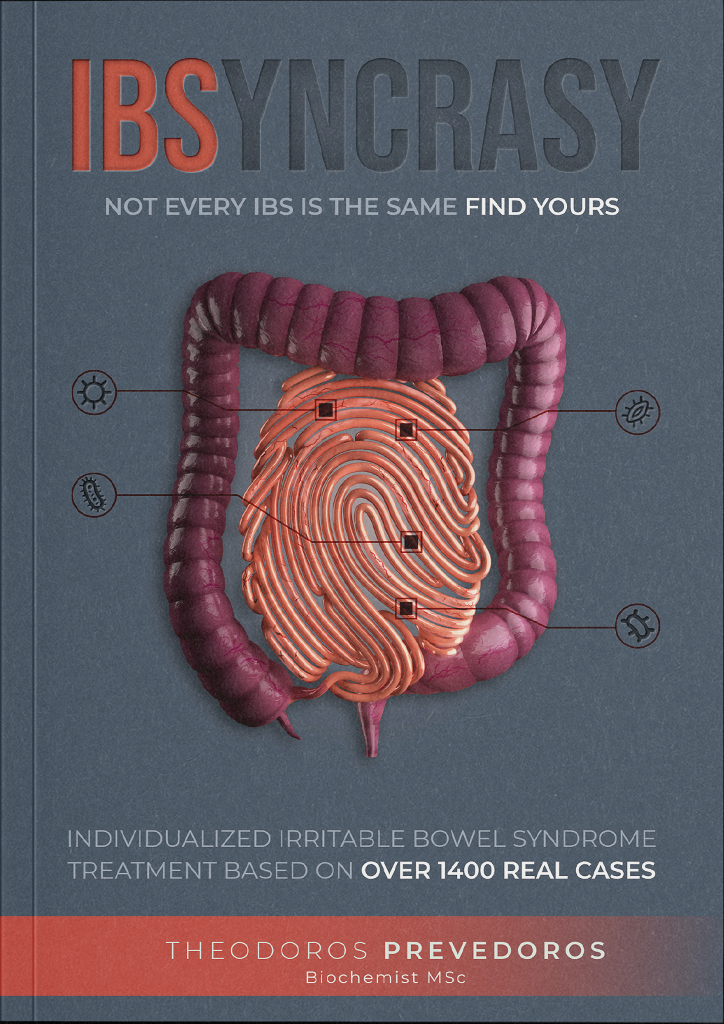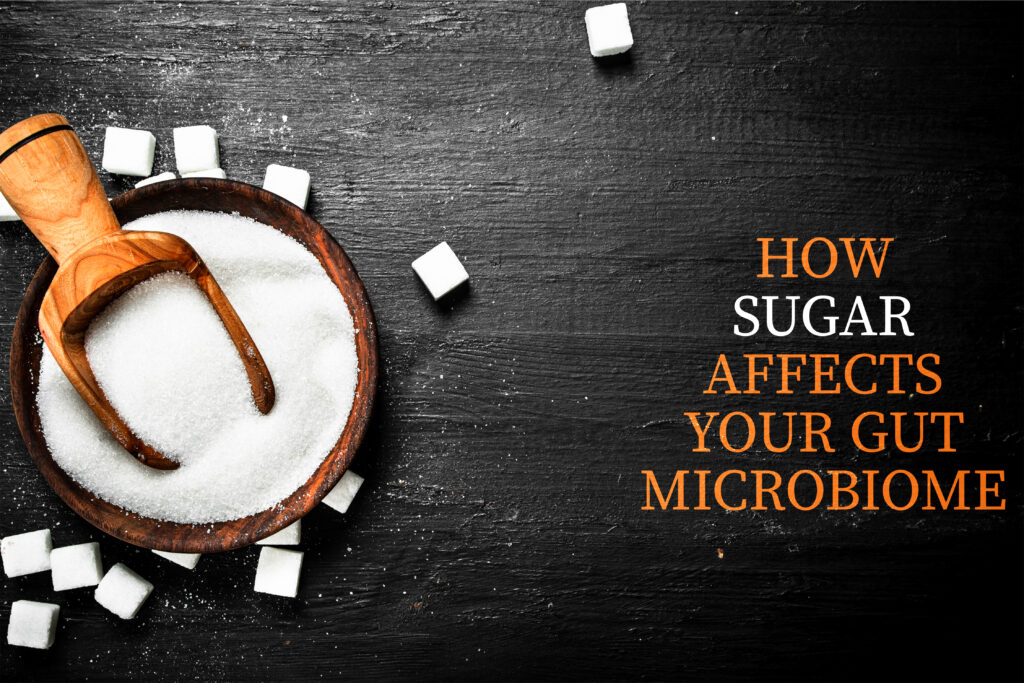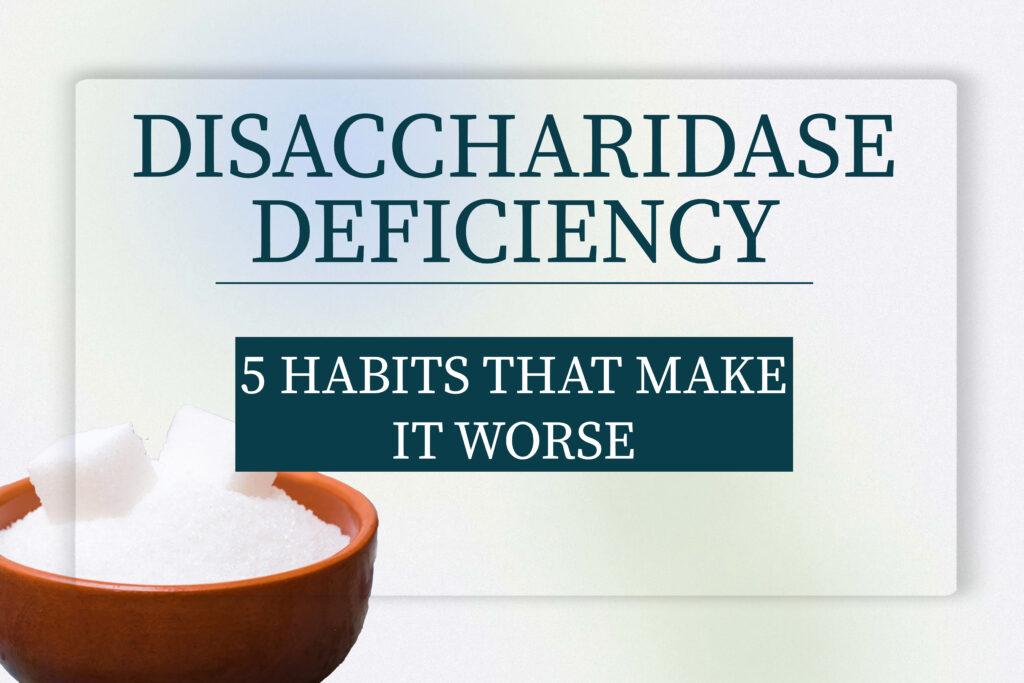How exercise influences and optimizes the gut microbiome
Exercise benefits your gut health by promoting a diverse and balanced gut microbiome. Regular workouts support beneficial bacteria, leading to positive changes in the gut for overall well-being

Ever wondered if those morning jogs have benefits beyond physical fitness? It’s the fascinating connection that starts with a simple workout and leads to a healthier, more balanced gut microbiome.
Exercise and the gut microbiome: A brief introduction
The gut microbiome, also known as the gut microbiota, is a complex ecosystem of trillions of bacteria and other microorganisms that live in our digestive system. These tiny organisms play a crucial role in human health, as they help with digestion, immune system regulation, and metabolism.
Gut microbiome implications in disease
When the balance of the gut microbiome is disrupted, it can lead to a condition called dysbiosis, which has been linked to various diseases. Research suggests that the composition of your gut microbiome can influence your susceptibility to health issues such as obesity, diabetes, inflammatory bowel disease, and even mental health disorders.
Disorder | Mediators | Bacteria of interest |
|---|---|---|
Obesity | Inflammation | Firmicutes, Bacteroidetes |
Diabetes | Insulin resistance | Akkermansia muciniphila |
Inflammatory bowel disease | Immune dysregulation | Faecalibacterium prausnitzii |
Irritable bowel syndrome | Altered gut motility | Bifidobacterium, Lactobacillus |
Depression | Gut-Brain axis | Bifidobacterium, Lactobacillus |
Cardiovascular disease | Metabolic dysregulation | Roseburia, Eubacterium |
Asthma | Immune dysregulation | Bacteroides, Clostridium |
Rheumatoid arthritis | Inflammation | Prevotella copri |
Multiple sclerosis | Immune dysregulation | Clostridium perfrigens |
Autism | Gut-Brain axis | Desulfovibrio, Bacteroides |
How exercise affects the gut microbiome
While it is well-established that a healthy gut microbiome enhances athletic performance, recent studies suggest that the opposite is also true. Exercise can have a significant impact on gut bacteria. Just as exercise strengthens our muscles and improves cardiovascular health, it also influences the composition and diversity of the gut microbes. In fact, regular exercise has been shown to induce favorable changes in the gut bacterial composition, usually increases in gut microbial diversity, which is essential for overall health. Imagine if our bustling city (the gut microbiome) gained new and diverse residents, each bringing unique skills that make the city function even better. Additionally, exercise improves the gut microbiome of breastfeeding mothers, which in turn favors the development of a healthy gut microbiome in their infants.
Exercise types and their impact on the gut microbiome
Different forms of exercise may have specific beneficial effects on the gut microbiome. Here’s a table summarizing the impact of various exercises on gut microbiota composition:
Exercise type | Effect on microbiome |
|---|---|
Endurance exercise | Increased production of short-chain fatty acids (SCFAs) like butyrate |
Resistance training | Increased abundance of Akkermansia muciniphila |
High-Intensity Interval Training | Enhanced microbial diversity and stress response |
Yoga | Promotion of Lactobacillus and Bifidobacterium |
Team Sports | Potential social transmission of beneficial microbes |
Endurance Exercise
Aerobic activities such as jogging, swimming, and cycling have been shown to increase gut microbial diversity. A study on voluntary running in mice found that exercise alters microbiota composition, specifically increasing the production of short-chain fatty acids (SCFAs) like butyrate. SCFAs have numerous benefits for gut health, including providing energy for cells lining the gut wall, maintaining the integrity of the gut barrier, and modulating the immune response
Resistance Training
Strength training exercises like weightlifting and bodyweight exercises can also have a positive impact on the gut microbial community. Studies suggest that resistance training increases the abundance of Akkermansia muciniphila, a bacterium known for its beneficial effects on metabolism and weight management. Improving metabolic processes through exercise and diet can further enhance the gut microbiome's function and contribute to overall well-being
High-Intensity Interval Training (HIIT)
HIIT involves short bursts of intense exercise followed by periods of rest or lower-intensity exercise. Research has shown that HIIT enhances microbial diversity and alters gut microbial composition. This form of exercise training increases the diversity of gut bacteria, which can lead to a more resilient and adaptable human gut microbial metabolism. Additionally, HIIT promotes a stress response that can positively affect gut immune function
Yoga
Yoga and other mind-body practices like tai chi and pilates can also influence microbiome health. Studies have shown that these activities can promote the growth of beneficial bacteria like Lactobacillus and Bifidobacterium. These bacteria are known for their positive effects on gut mucosal health, immune function, and the gut-brain axis, linking gut health with mental well-being
Team Sports
Engaging in team sports like soccer, basketball, and volleyball not only provides the benefits of physical activity and exercise but also offers the potential for social transmission of beneficial microbes. As humans interact with one another, their microbiomes can exchange microbes, leading to a more diverse and resilient gut microbiome
Exercise intensity and gut health
While exercise is generally good for your gut health, it’s essential to consider the intensity of your workout routine. Appropriate exercise intensity is crucial for optimal gut microbiome health. However, overexercising can have the opposite effect, potentially harming your gut health. High-intensity exercise training increases stress on the body, which can lead to intestinal ischemia, a condition where blood flow to the intestines is reduced. This can cause inflammation and damage to the cells lining the gut wall, ultimately disrupting the balance of gut bacteria.
In other words, exercise is like a double-edged sword when it comes to gut health. Moderate exercise can provide numerous benefits to the gut micro-community while overexercising may lead to adverse effects. It’s essential to find the right balance in your exercise routine to reap the benefits for your gut health.
A healthy gut: crafting the ideal exercise routine
A sedentary lifestyle reduces mitochondrial biogenesis, making you feel more tired and less energetic. Based on current evidence, an optimized weekly workout program that promotes a healthy gut microbiome and increased gut microbial diversity includes a mix of different exercise types. Here’s a balanced exercise routine that takes into account the various effects of exercise on the gut microbiome:
- Endurance aerobic exercise (e.g., jogging, swimming) – 3 times a week, 30-45 minutes per session
- Resistance training (e.g., weight lifting) – 2 times a week, 30-45 minutes per session
- High-Intensity Interval Training (HIIT) – 1 time a week, 20-30 minutes per session
- Yoga or other mind-body practices (e.g., tai chi, pilates) – 2 times a week, 30-45 minutes per session
- Engage in team sports or group activities for social interaction and potential transmission of beneficial microbes – 1 time a week
Remember, consistency is key when it comes to exercise and its effects on the gut microbiome. Proper diet and exercise can help maintain a healthy gut microbiome and promote overall metabolic health. In the end, the most useful exercise routine is the one that you can enjoy and sustain over time, supporting not only a healthy gut but also improved mental and physical well-being.

Tilg, Herbert, and Arthur Kaser. “Gut microbiome, obesity, and metabolic dysfunction.” The Journal of clinical investigation 121.6 (2011): 2126-2132.
Colpitts, Sara L., and Lloyd H. Kasper. “Influence of the gut microbiome on autoimmunity in the central nervous system.” The Journal of Immunology 198.2 (2017): 596-604.
Kasselman, Lora J., et al. “The gut microbiome and elevated cardiovascular risk in obesity and autoimmunity.” Atherosclerosis 271 (2018): 203-213.
Alharthi, Amani, et al. “The human gut microbiome as a potential factor in autism spectrum disorder.” International journal of molecular sciences 23.3 (2022): 1363.
Suryani, Dini, et al. “Type, intensity, and duration of exercise as regulator of gut microbiome profile.” Current Sports Medicine Reports 21.3 (2022): 84-91.
Yuan, Xin, et al. “Influence of excessive exercise on immunity, metabolism, and gut microbial diversity in an overtraining mice model.” Scandinavian journal of medicine & science in sports 28.5 (2018): 1541-1551.

With a background in Chemistry and Biochemistry from the National and Kapodistrian University of Athens, Theodoros brings a wealth of knowledge in functional medicine and advanced treatments to his role. He possesses exceptional skills in analysis, pattern recognition, diagnostic translation, and storytelling. He is also FMU certified in Functional Medicine and has received training in advanced treatments from the Saisei Mirai Clinic in Japan.

